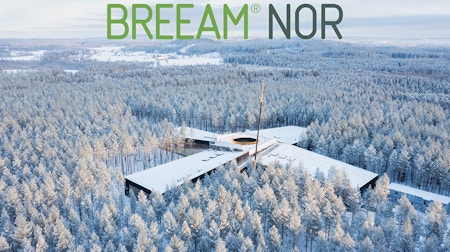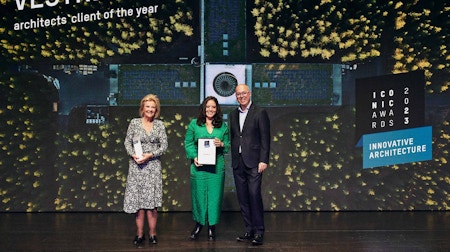Welcome to Magnor and the world’s most environmentally friendly furniture factory
Visit us
Here you will find all the practical information ahead of your visit.
Read about The Plus in Dezeen
Read about The Plus in Interni Magazine
Read about The Plus in Arkitektnytt
Read about The Plus in E24 (abo)
Read about The Plus in Norsk Byggebransje
Read about The Plus in Dezeen
Read about The Plus in Interni Magazine
Read about The Plus in Arkitektnytt
Read about The Plus in E24 (abo)
Read about The Plus in Norsk Byggebransje
Read about The Plus in Dezeen
Read about The Plus in Interni Magazine
Read about The Plus in Arkitektnytt
Read about The Plus in E24 (abo)
Read about The Plus in Norsk Byggebransje
Read about The Plus in Dezeen
Read about The Plus in Interni Magazine
Read about The Plus in Arkitektnytt
Read about The Plus in E24 (abo)
Read about The Plus in Norsk Byggebransje
News
What we
aim to achieve
The Plus is so much more than a hypermodern furniture factory. We have five goals for the project; you might call it our manifesto.
Read more →




